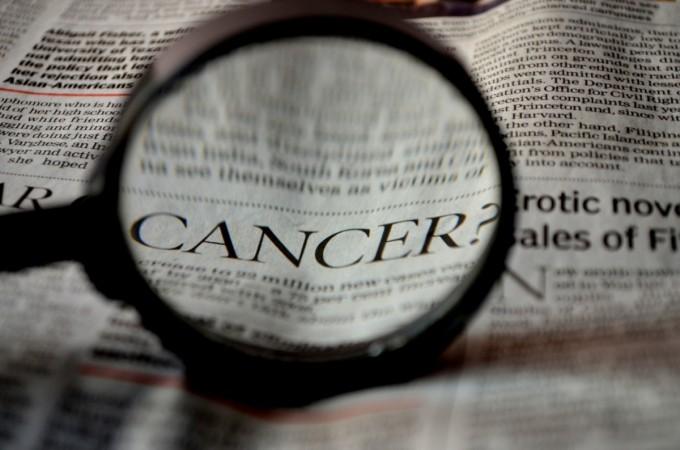Ten scientists, including biochemist Munish Pandey from Biochemistry department of Allahabad University (AU), have developed a technique for early diagnosis of breast and ovarian cancer by examining patient's urine sample.
The technique takes help of noble MicroRNA (MiRNA), through which breast and ovarian cancer can be detected in routine urine tests, said Pandey.
He said they have also got the copyright for the technique from the Chennai office of patents, designs and trademarks.
"The new technique will save the patients from being exposed to radiation when test is done through Mammogram," he added.

Noble Micro Ribonucleic Acid is a marker that can detect cancer at an early stage and can be easily treated. This research and the technique are being considered a significant achievement in the early detection of cancer.
There have been many research patents in AU, but the copyright has been received for the first time, he said.
The copyright has been awarded to Munish Pandey and nine other scientists of India's different institutions.
"If everything goes well, then in future the benefits of this research will directly help the common people," he added.

Human body fluids include MiRNA's (plasma, tears, saliva, urine) and urine is appropriate since it is non-invasive to collect.
"The objective of our research was to develop and formulate the process for detection of breast cancer and ovarian cancer using urine diagnosis. Urinary MiRNA concentration and quality are the two most important factors to consider before moving on with any testing. Blood and other body fluids have no established quantity standards and there is insufficient evidence to support the use of urine metabolic signature to diagnose systematic systemic illness," he explained.
The study compared the expression of four breast cancer-associated MiRNA using median MiRNA expression level. The levels of Mi-155 in urine were greater in breast cancer patient than in healthy control. But compared to healthy control, a breast cancer patient had significantly decrease urine level of MiR-21 and MiR-451.
A 2020 study showed that breast cancer contributed to 27.6 per cent of all cancers while ovarian cancers contributed to 6.2 per cent of all cancers in Indian women. The study also showed that the incidents of death from breast cancer versus new cases identified had also increased to 56 per cent -- much higher than the numbers reported from developed countries.
Majority of Indian women affected by breast cancer were between 40-50 years of age as opposed to 60-70 years for their counterparts in western countries.

















